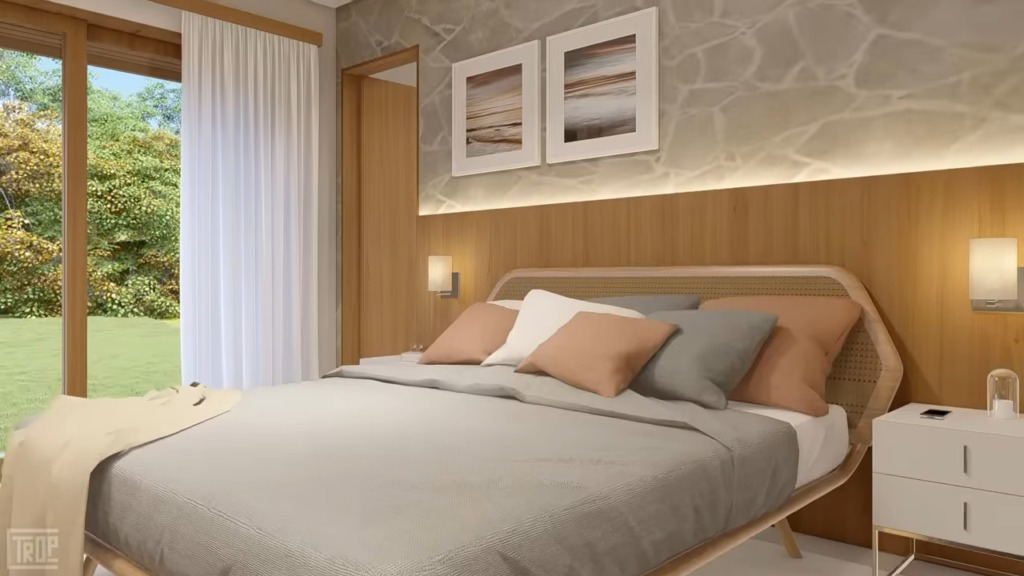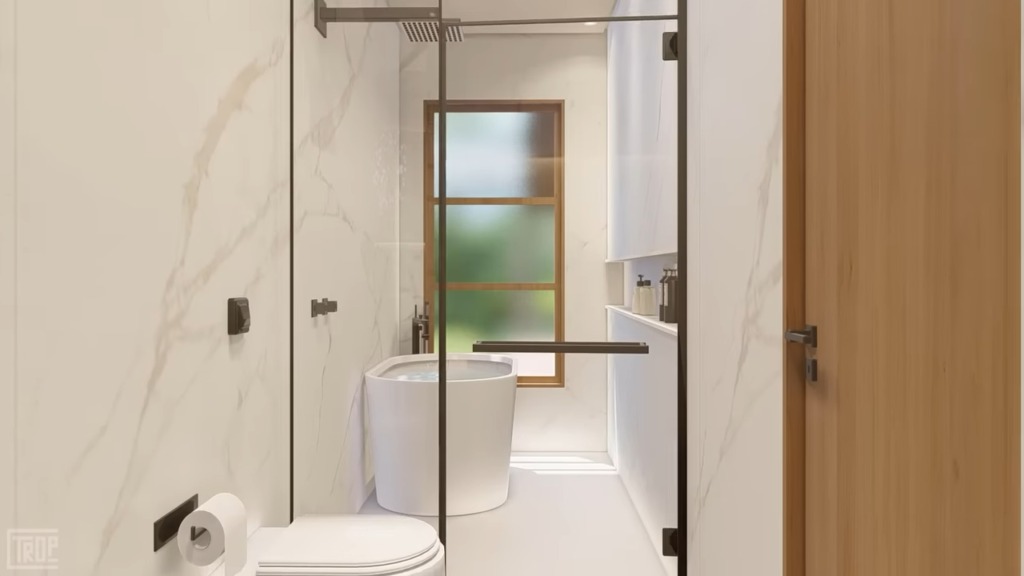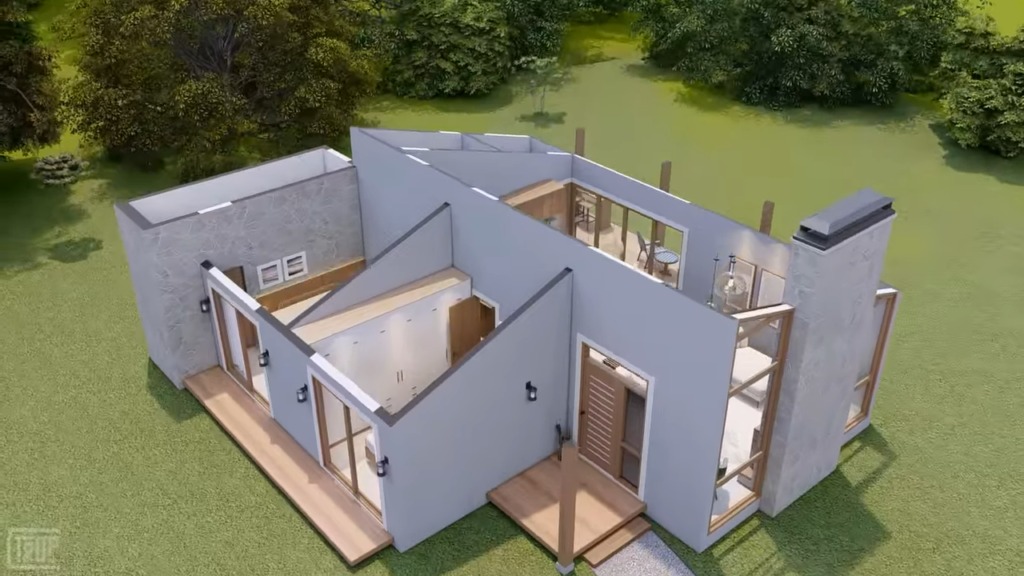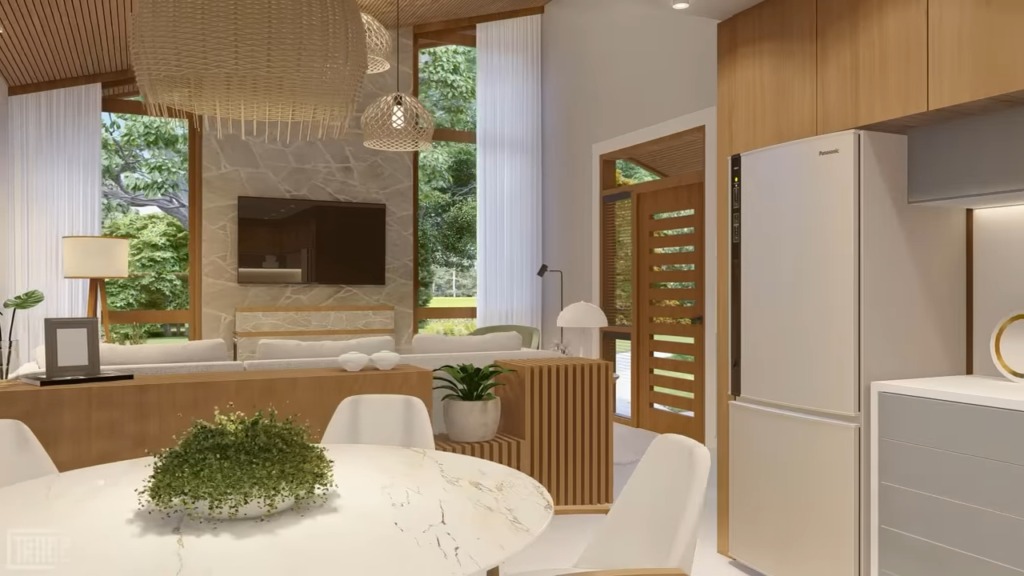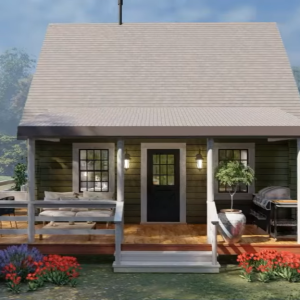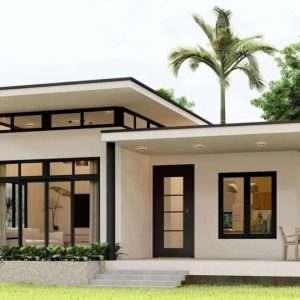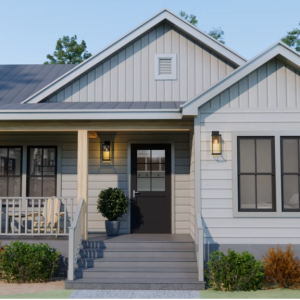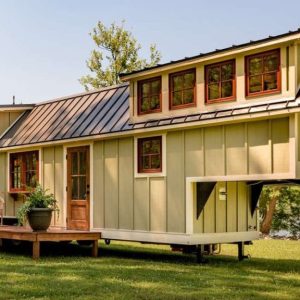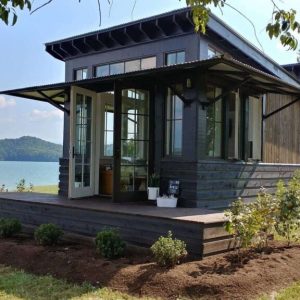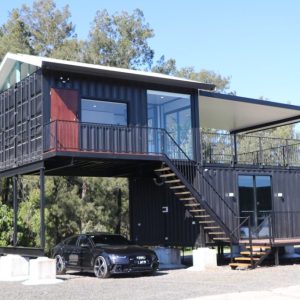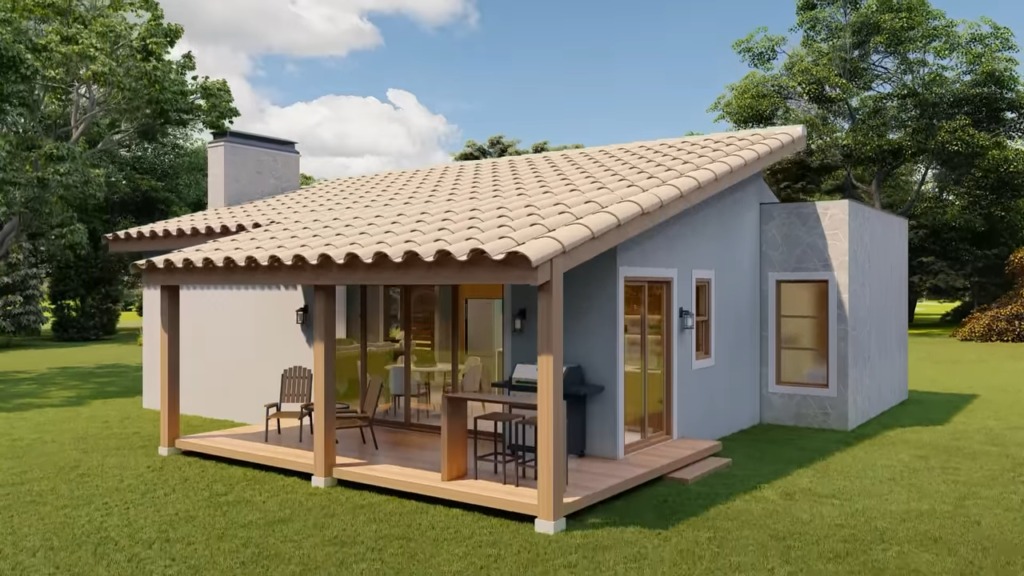
Tiny houses have emerged as a result, reflecting the growing interest in sustainable living. These homes are often built with energy-efficient and environmentally friendly materials. Features such as systems based on sustainable energy sources, solar panels, and gray water recycling systems make these tiny homes environmentally friendly. This offers its users the advantage of living a life in harmony with nature and reducing energy costs.
Tiny houses offer not only environmental but also economic advantages. The use of low-cost materials and construction in small areas paves the way for creating a budget-friendly living space. Additionally, tiny house owners often focus on the principle of simplicity by avoiding unnecessary items, which brings about a sense of savings and minimalism.
The interior design in these houses aims to balance functionality and aesthetics by focusing on the users’ needs. Smart storage solutions, multifunctional furniture, and creative arrangements help in using limited space most effectively. This design approach improves the quality of life of those living in the tiny house and also provides a useful and comfortable environment.
Tiny house owners often prefer to live independently, which gives them a sense of freedom and flexibility. Thanks to their portable structure, they can be positioned wherever they want. This offers an ideal solution for those who want to realize their desire to be in touch with nature and explore different geographical regions.
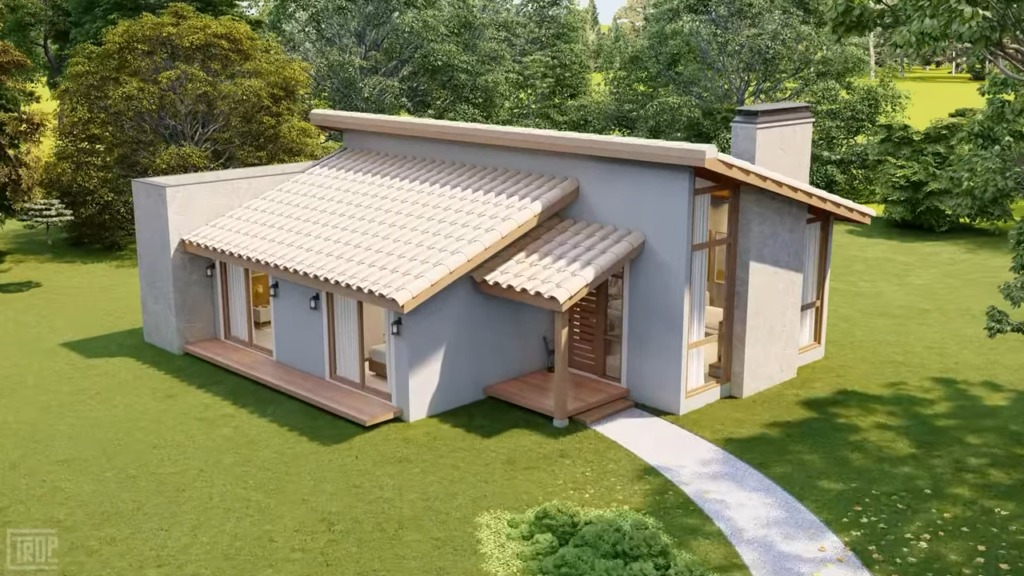
Tiny houses are distinguished not only by practicality and sustainability but also by a sense of independence and freedom. These houses offer their users the opportunity to escape the obligations of large houses. Living with fewer items and avoiding unnecessary consumption habits provides tiny homeowners with financial freedom and financial independence.
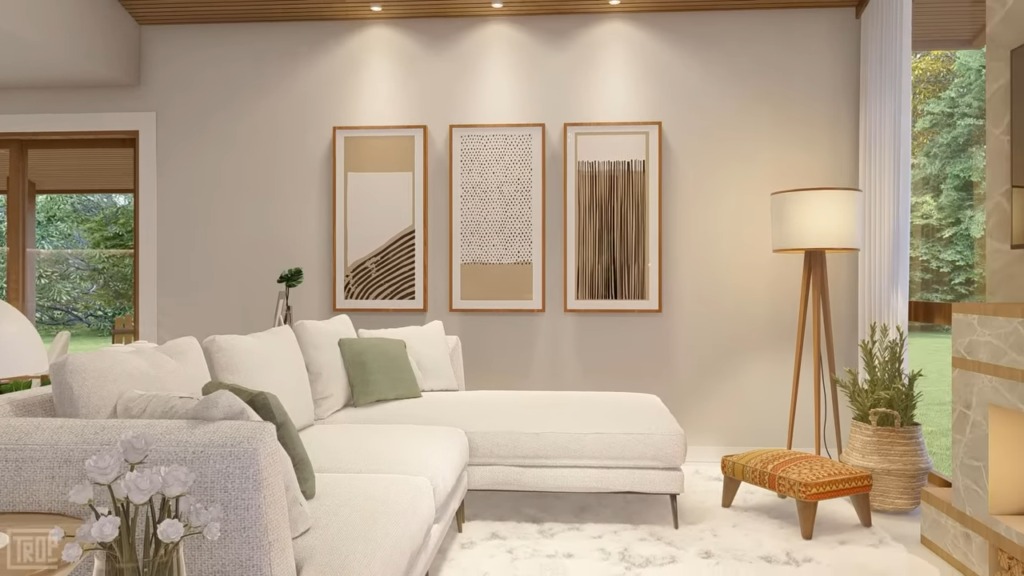
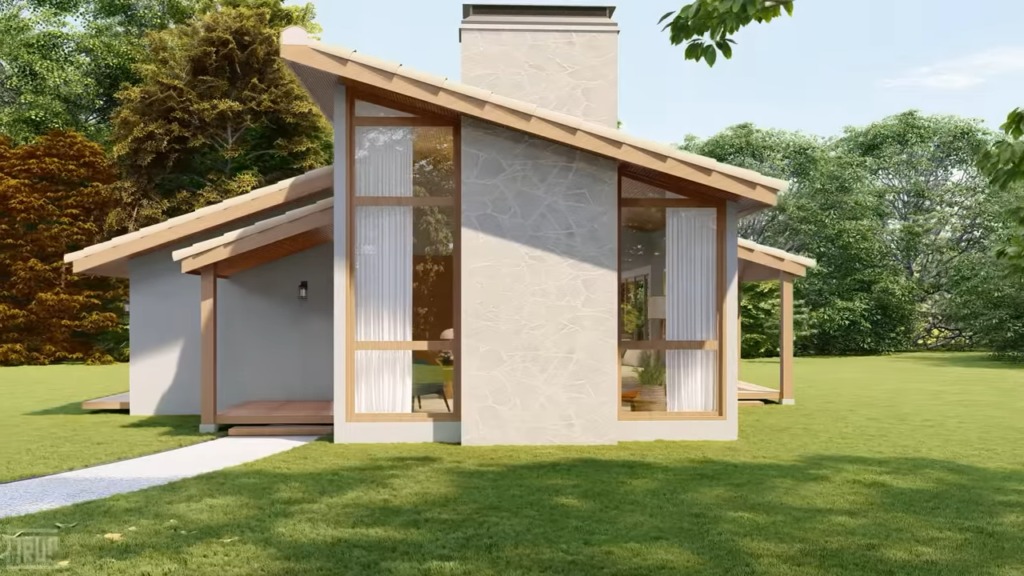
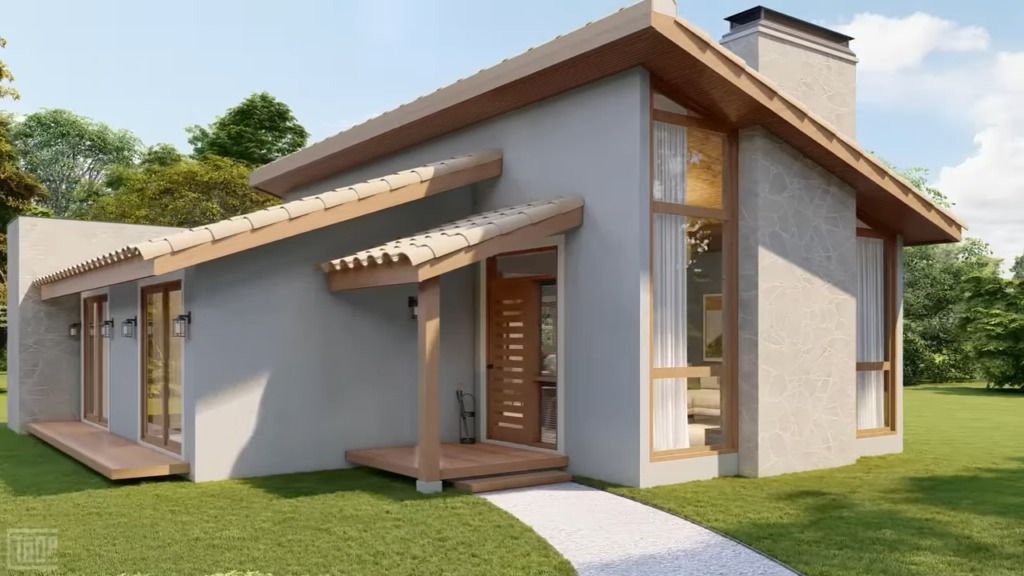
However, the appeal of tiny houses is not just limited to their interior design and eco-friendly features. These houses are generally designed in harmony with natural beauties and are generally positioned overlooking the view. Large windows and open space arrangements integrate the interiors with the outdoors, so tiny house owners can enjoy a life surrounded by nature.
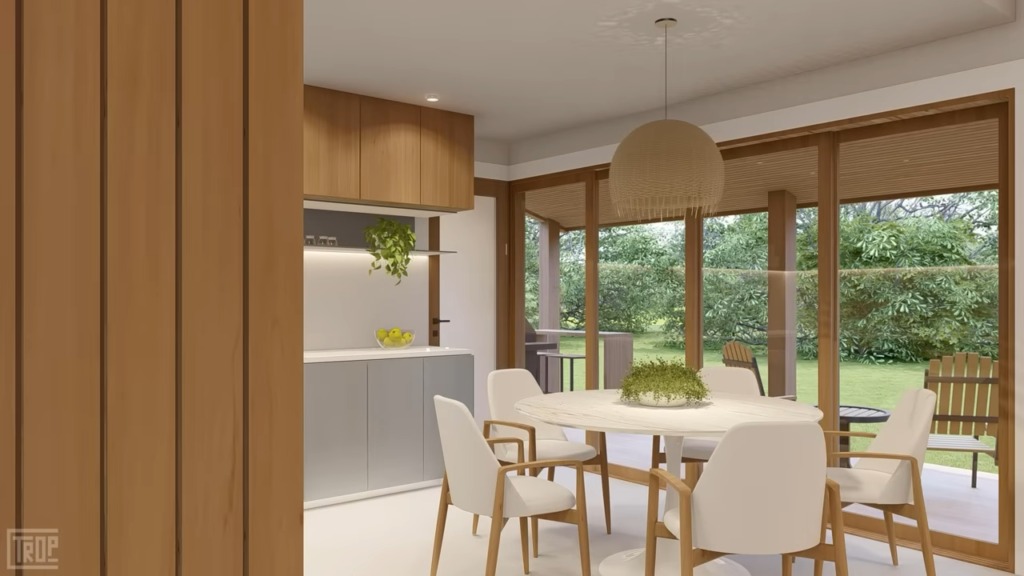
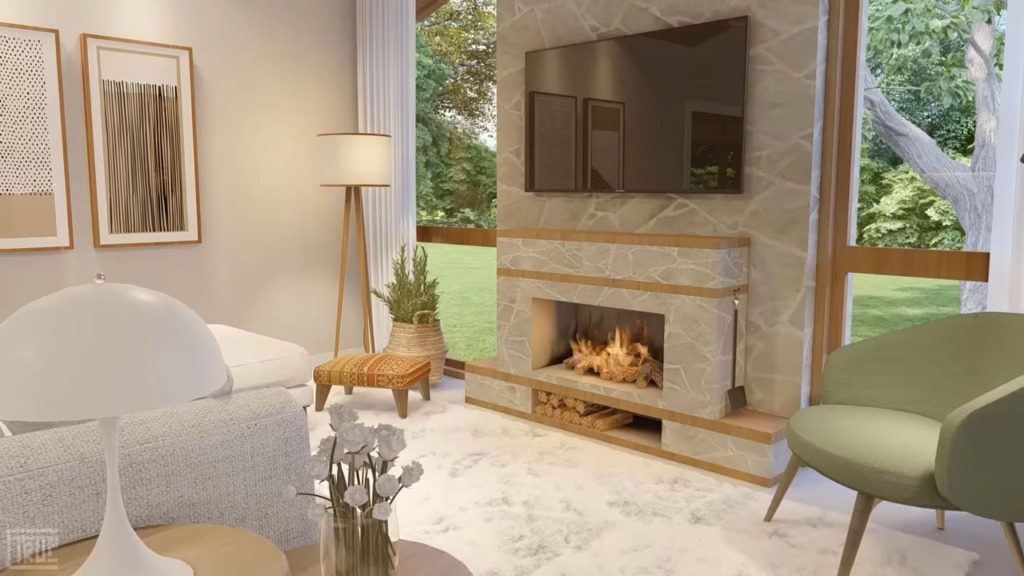
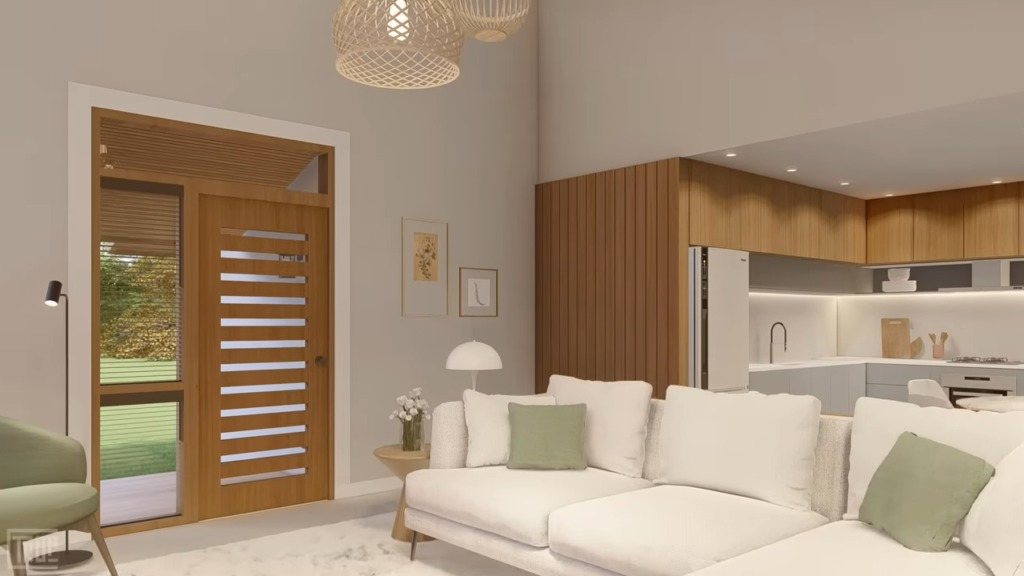
Tiny house owners have the chance to personalize their environment with few but carefully selected items. This allows them to create a living space that is more valued and full of meaning. The fact that the belongings have personal meaning and that each of them is chosen by the user contributes to the tiny houses being not only small but also meaningful and original.
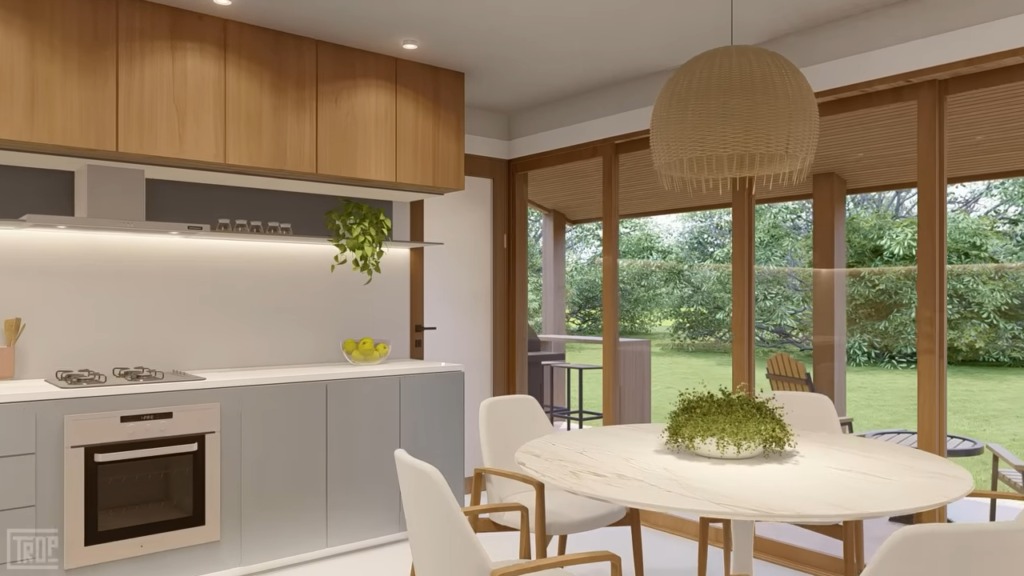
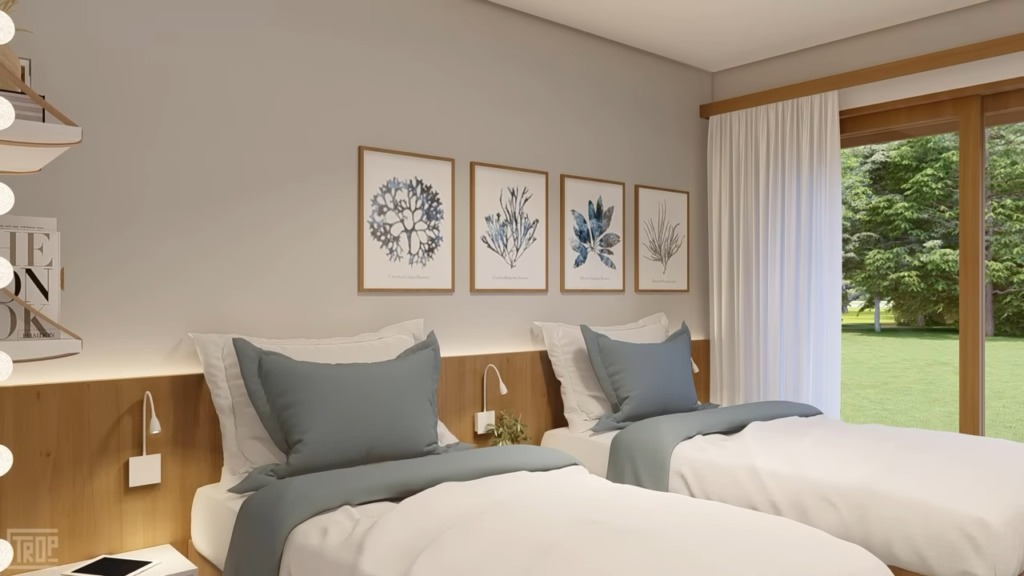
Tiny houses also support a community-oriented lifestyle. Often located on private land, tiny house communities bring together people with similar values. These communities are based on solidarity and sharing and offer tiny homeowners a social environment. Common spaces, community gardens, and event spaces allow tiny homeowners to interact with each other.
